When it comes to training your chest at home, you don’t need a full gym or fancy machines to build serious size and strength. In fact, some of the most effective pectoral exercises require nothing more than your body weight, a pair of dumbbells, or resistance bands—and a consistent, focused approach.
Why Training Your Pecs at Home Works
The pectoral muscles—primarily the pectoralis major and minor—respond best to movements that stretch and contract the muscle under tension. Fortunately, with the right angles and variations, you can hit all areas of your chest (upper, middle, lower) without ever stepping into a gym.
What matters most is progressive challenge, time under tension, and hitting your pecs from multiple angles. Whether you're aiming for better muscle tone, upper body strength, or improved posture, training chest at home is not just convenient—it’s incredibly effective.
Best Home Workout for Pecs (No Bench Needed)
This routine is designed for maximum impact using minimal equipment. Perform it 2–3 times per week with at least a day of rest in between.
1. Push-Up Variations (Bodyweight Hero)
-
Standard Push-Ups: Great for overall pec development.
-
Wide-Grip Push-Ups: Emphasize outer chest and improve width.
-
Feet-Elevated Push-Ups: Target the upper chest (similar to incline bench).
-
Diamond Push-Ups: Hit inner chest and triceps.
2. Dumbbell Floor Press
If you have dumbbells, lie flat on the floor and press them up like a bench press. The floor limits range of motion slightly, but it’s a safe and effective way to load your pecs.
3. Resistance Band Chest Flys
Anchor a resistance band behind you (on a door or sturdy pole). Perform slow, controlled flys to mimic the cable crossover motion—perfect for inner and lower chest activation.
4. Isometric Squeeze Press
Hold two light dumbbells or just clasp your palms together in front of your chest and press them against each other for 30 seconds. This “squeeze” builds mind-muscle connection and pumps blood into the pecs fast.
5. Slow Negative Push-Ups (Time Under Tension)
Lower down over 5–6 seconds, then push up fast. This tempo burns and builds strength efficiently without extra weight.
Good Chest Home Workouts: Weekly Plan Example
Here’s a sample weekly split to incorporate into your home training:
| Day | Workout Focus |
|---|---|
| Monday | Chest + Core |
| Wednesday | Full Body (Push Focus) |
| Friday | Chest + Triceps |
Rotate variations and increase reps or resistance weekly to ensure steady gains.
Personal Insight: What Worked for Me
During the early lockdown days, I didn’t have access to any gym—just a pair of resistance bands and a hardwood floor. I committed to training chest every Monday and Friday, focusing on wide push-ups, resistance band flys, and floor presses.
After just eight weeks, not only did my chest look fuller, but my pressing strength improved drastically. I learned that consistency and tension matter far more than equipment. If you can feel the pecs stretch and contract—and you push hard each set—you will see results.
Best Home Pectoral Workout Tips
-
Focus on the stretch and squeeze in each movement—don’t just go through the motions.
-
Train to fatigue, especially with bodyweight—you’ll need high reps (15–25) or slow tempo to really challenge the muscle.
-
Track your progress—aim to increase reps, sets, or difficulty over time.
-
Warm up properly with shoulder mobility drills and light push-ups to avoid strain.
Final Thoughts
You don’t need machines or a gym to develop strong, well-defined pecs. The best home pectoral workout is the one you’ll actually do consistently—with good form, enough intensity, and progression built in.
Push yourself, use the tools you have, and build a routine that challenges you. Your chest will grow—no gym required.









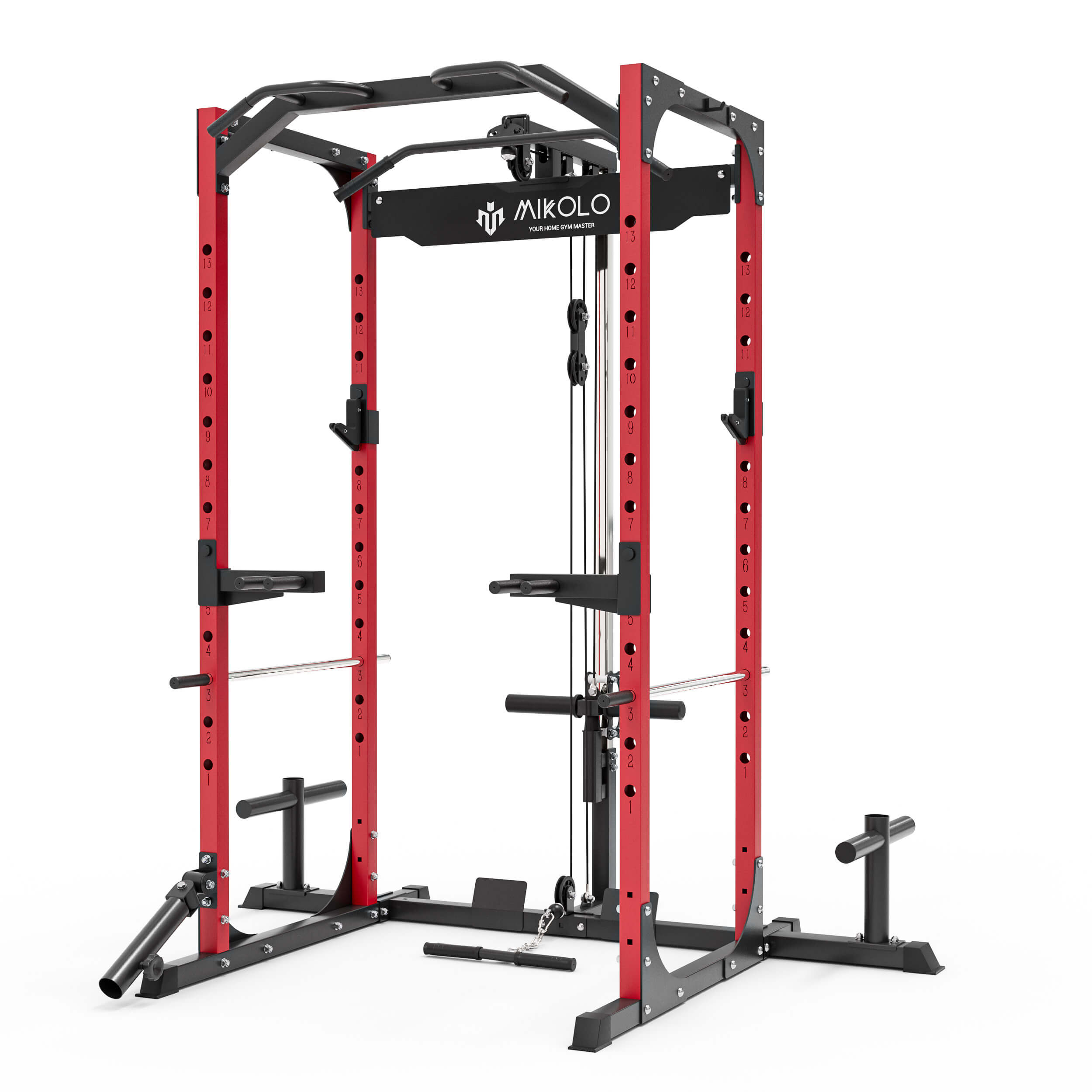







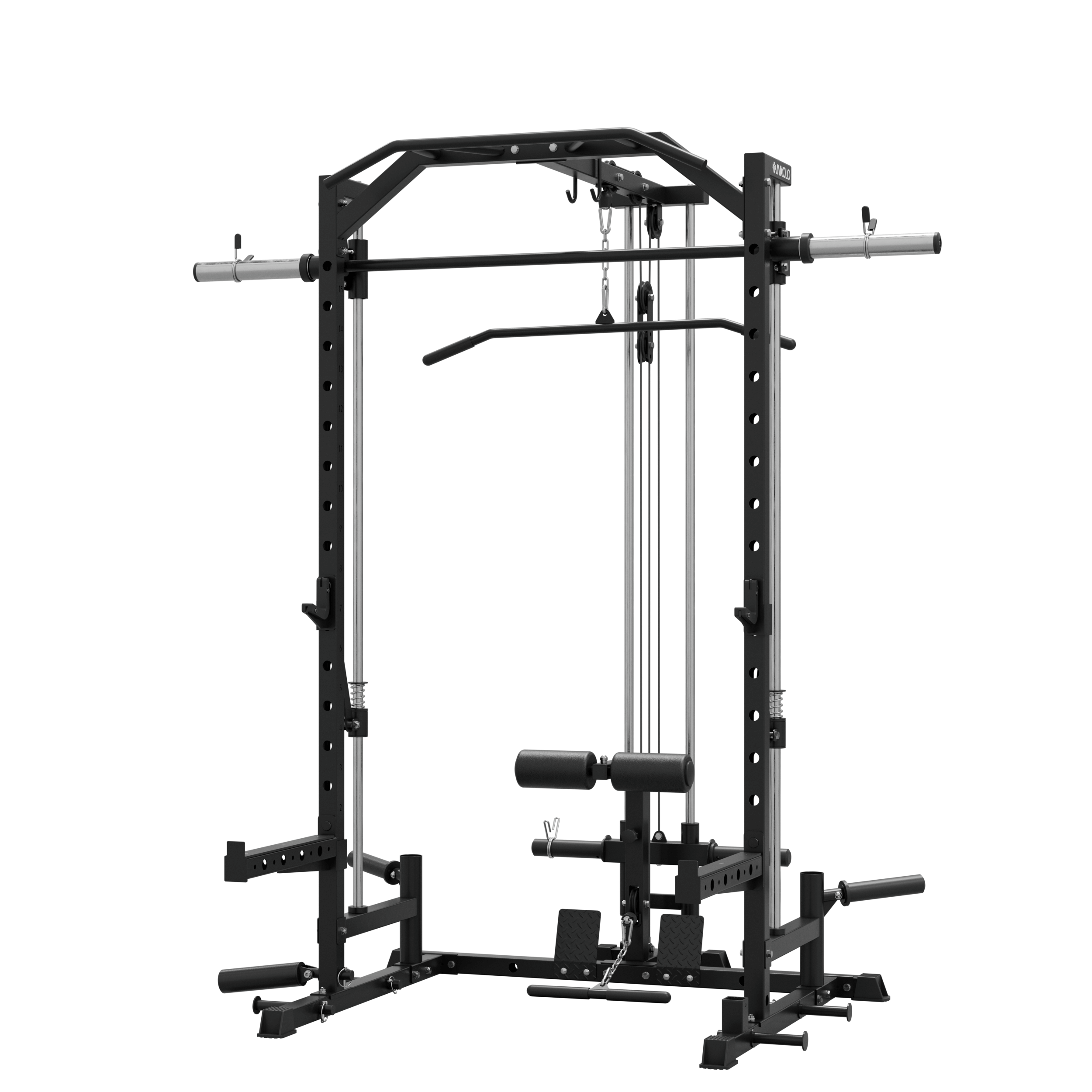


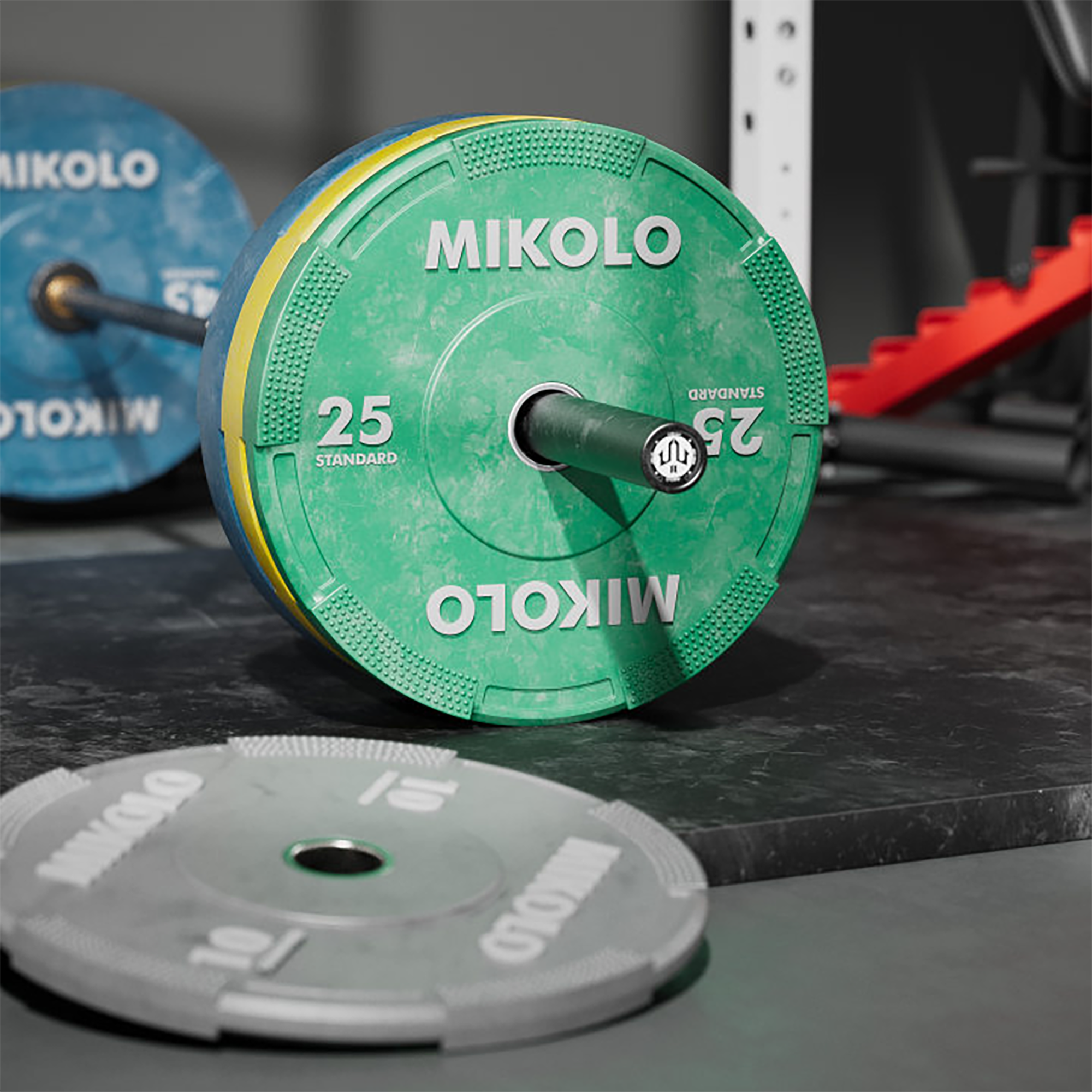






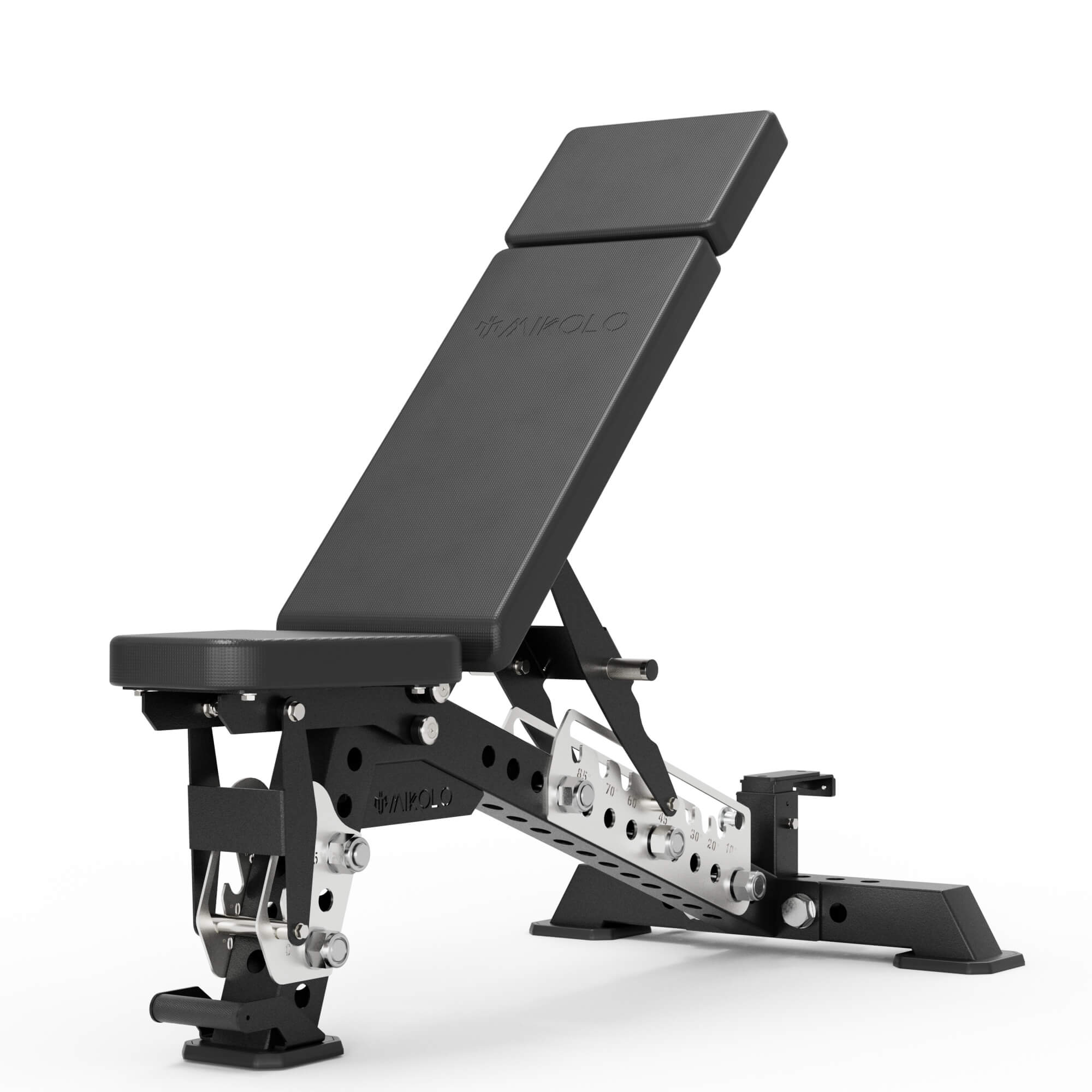
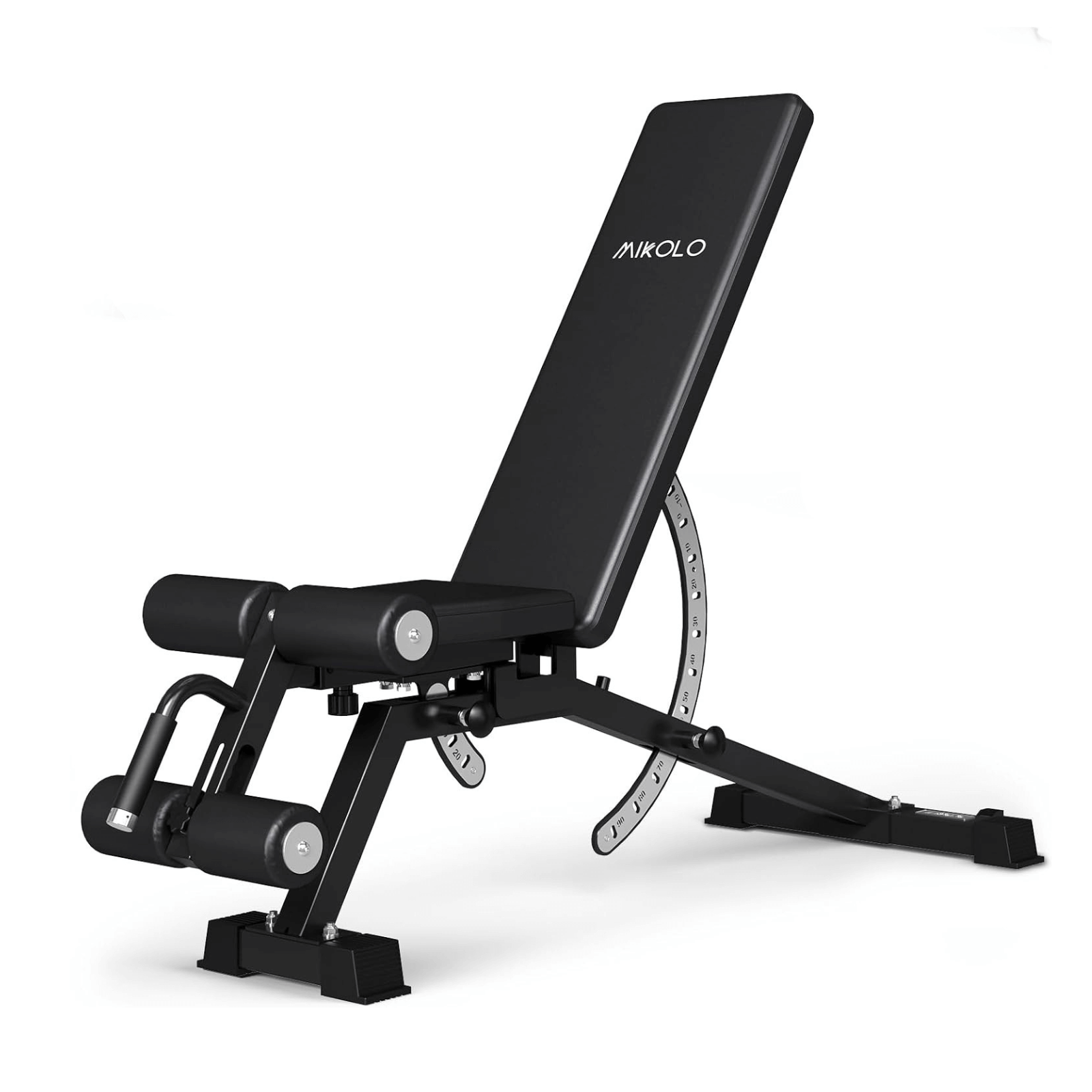



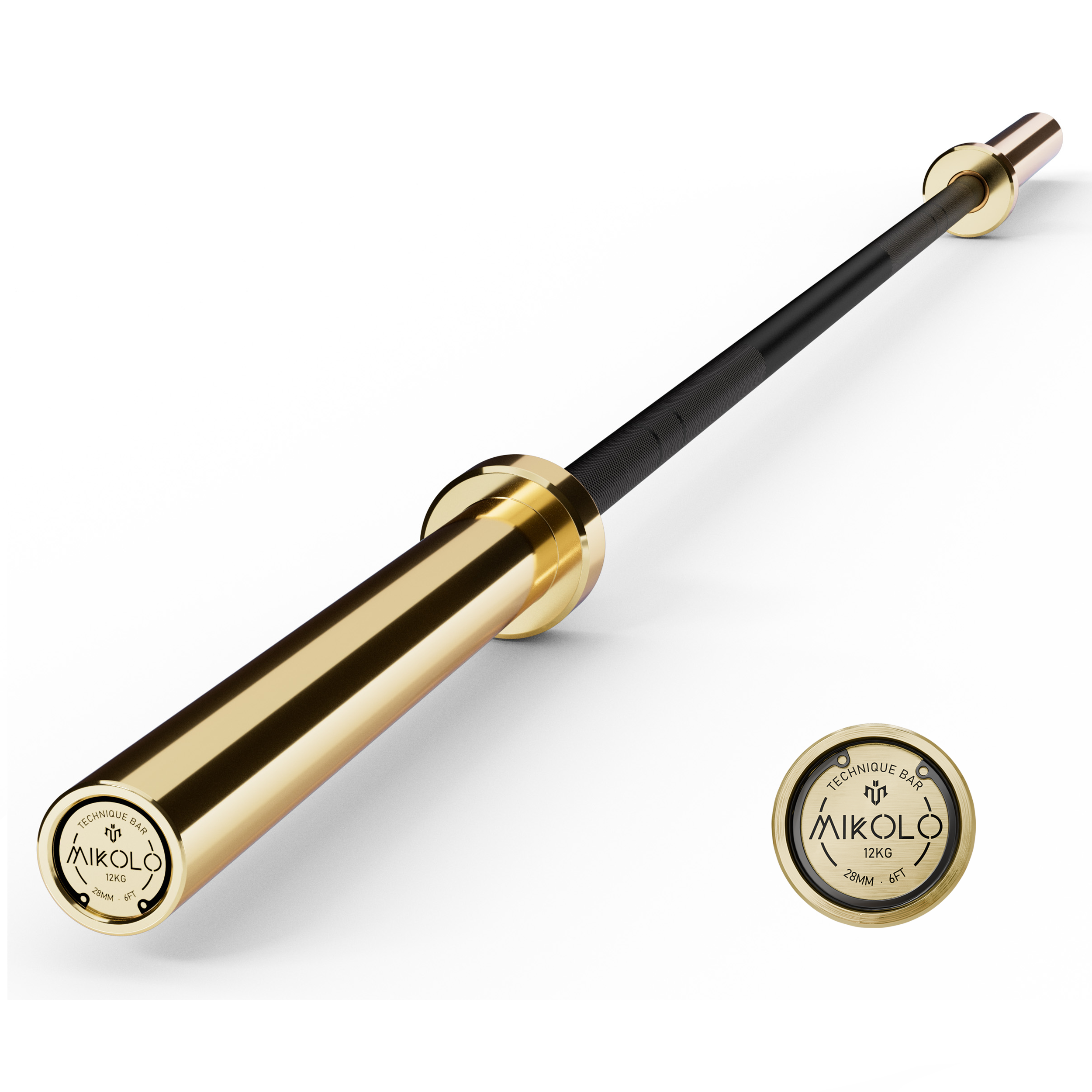
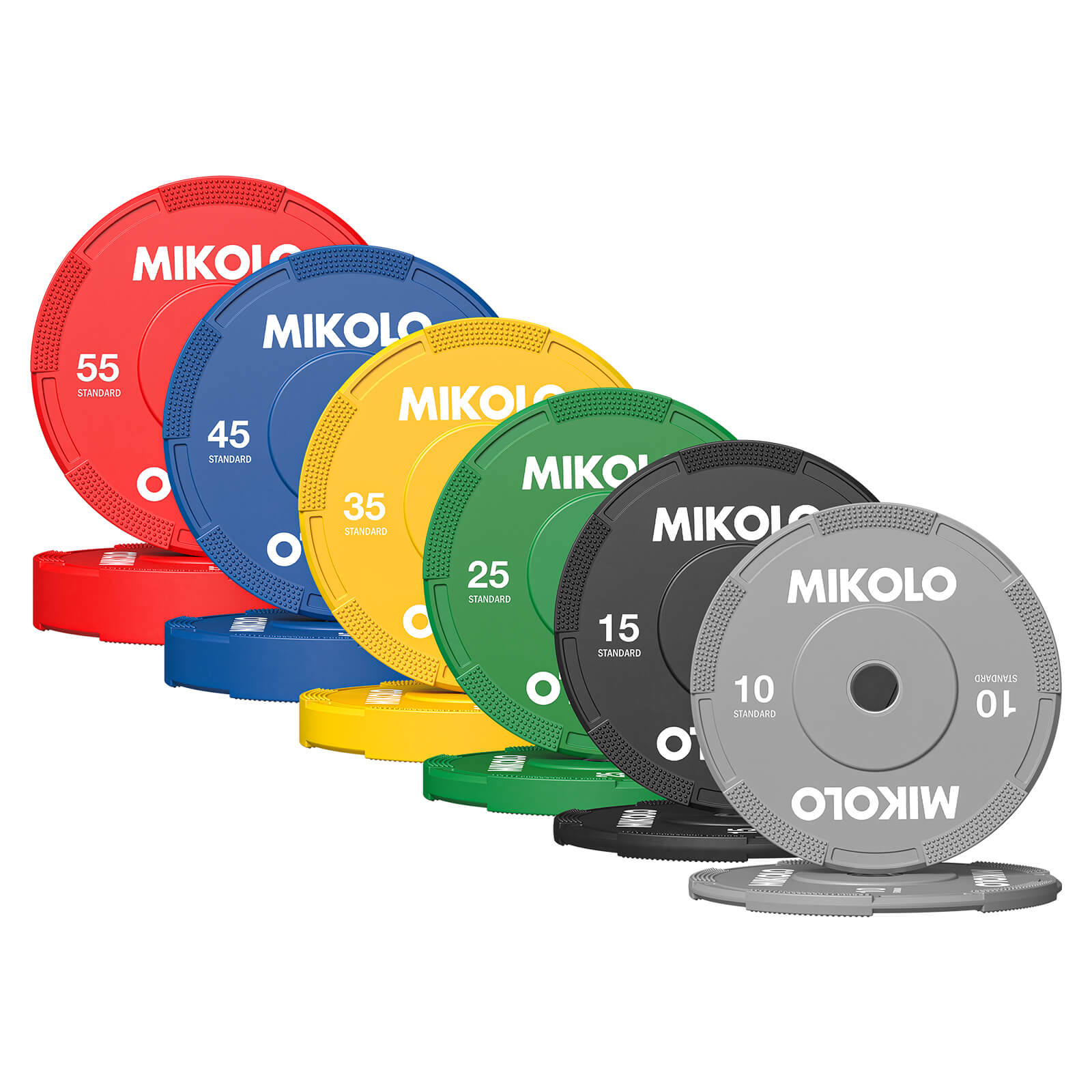

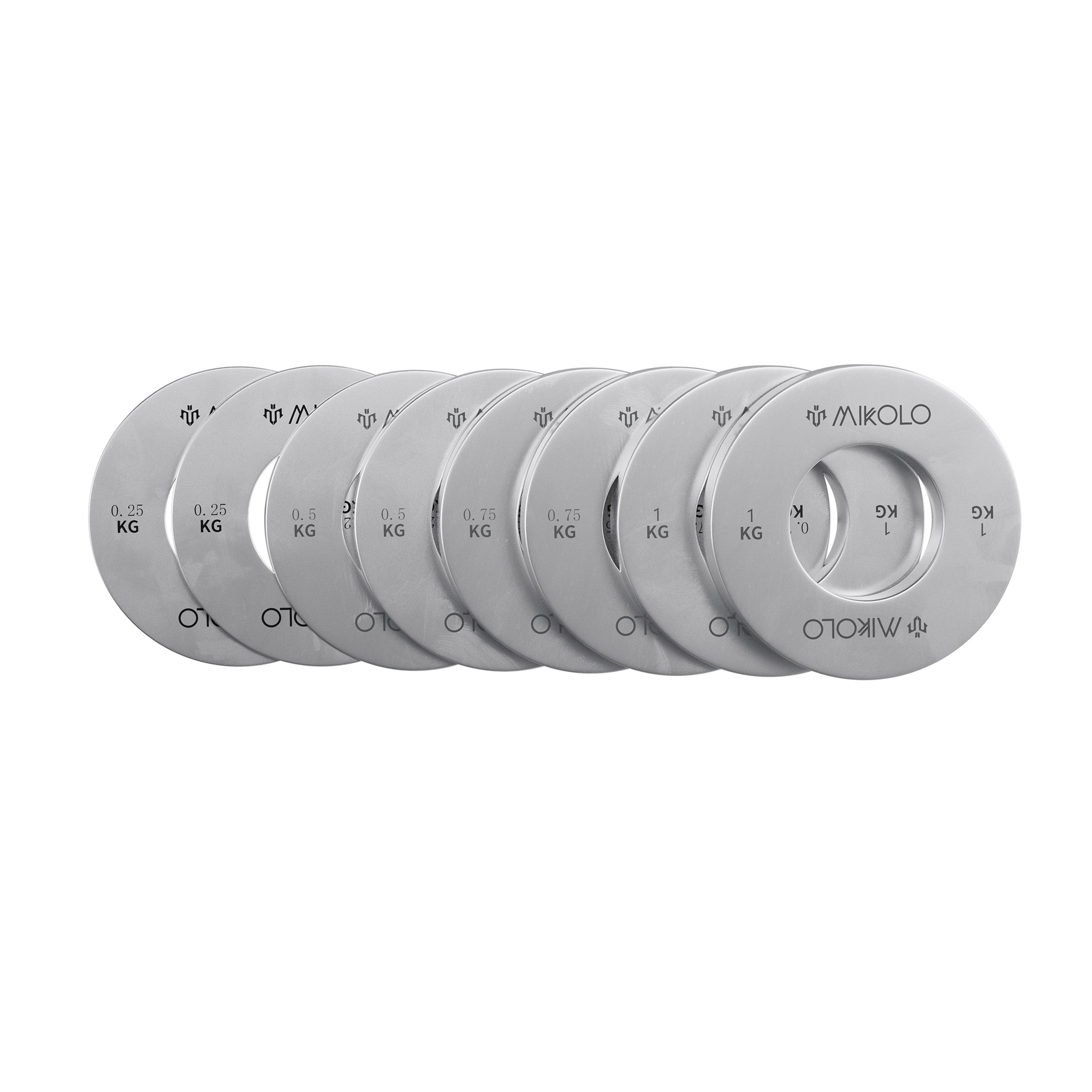

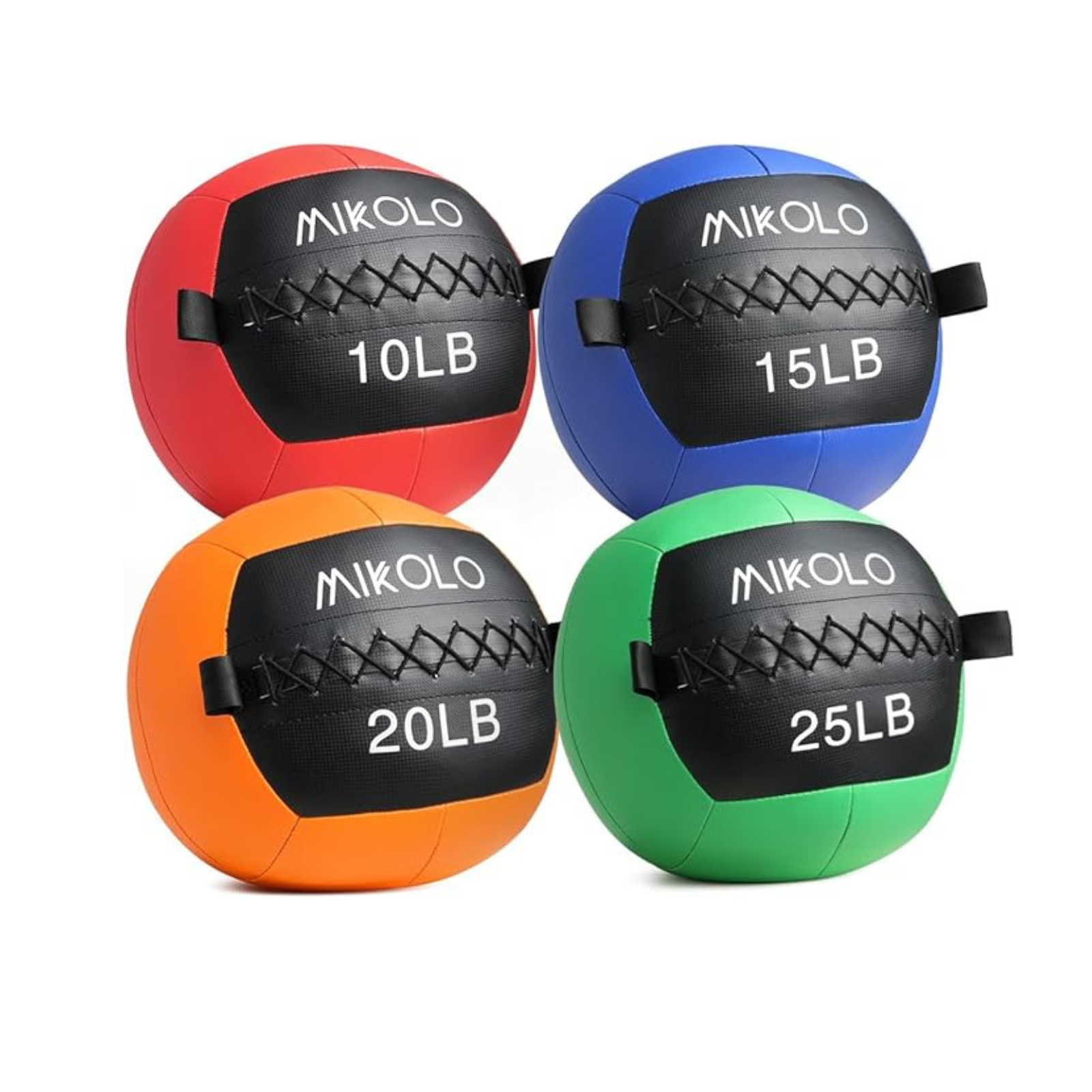
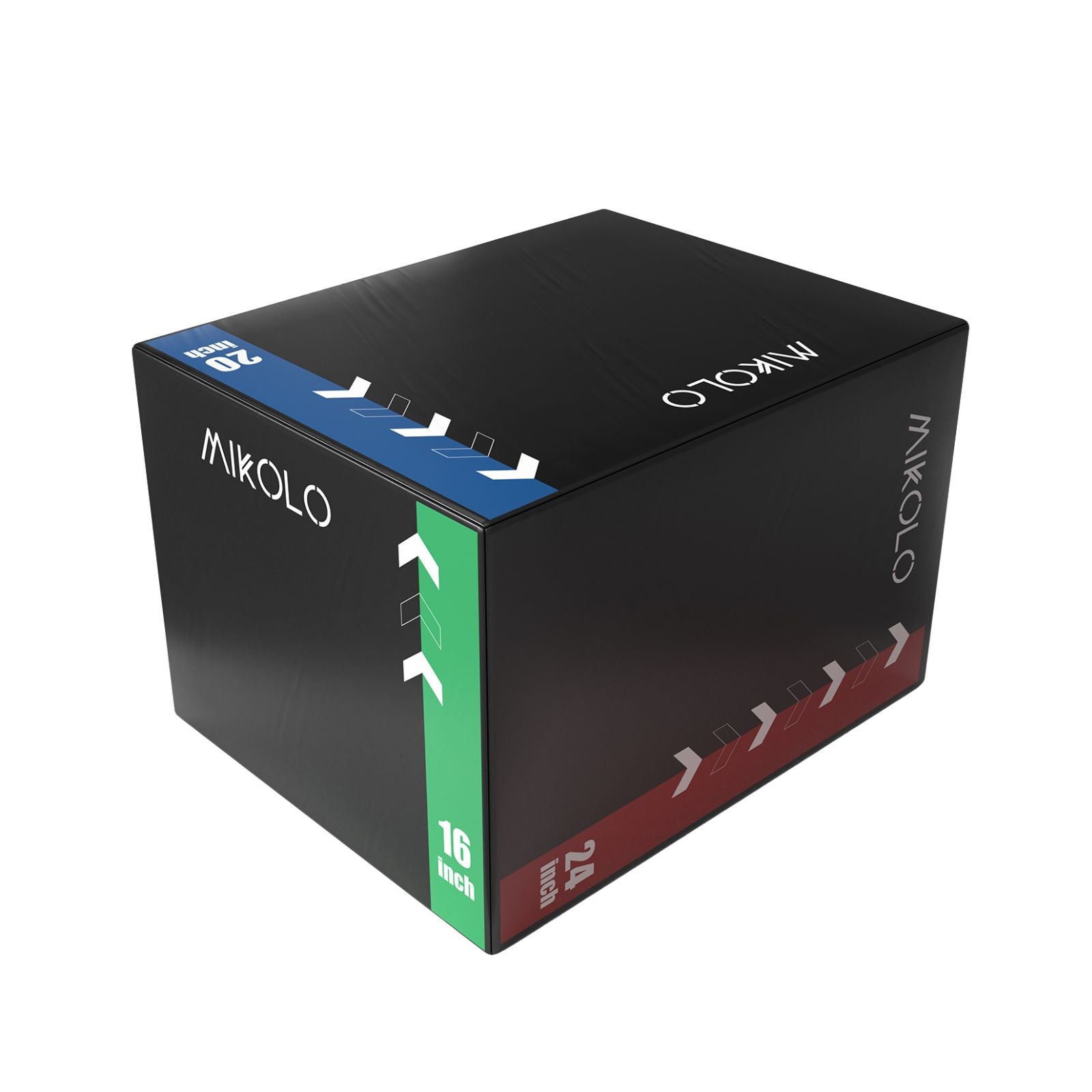






Leave a comment
This site is protected by hCaptcha and the hCaptcha Privacy Policy and Terms of Service apply.